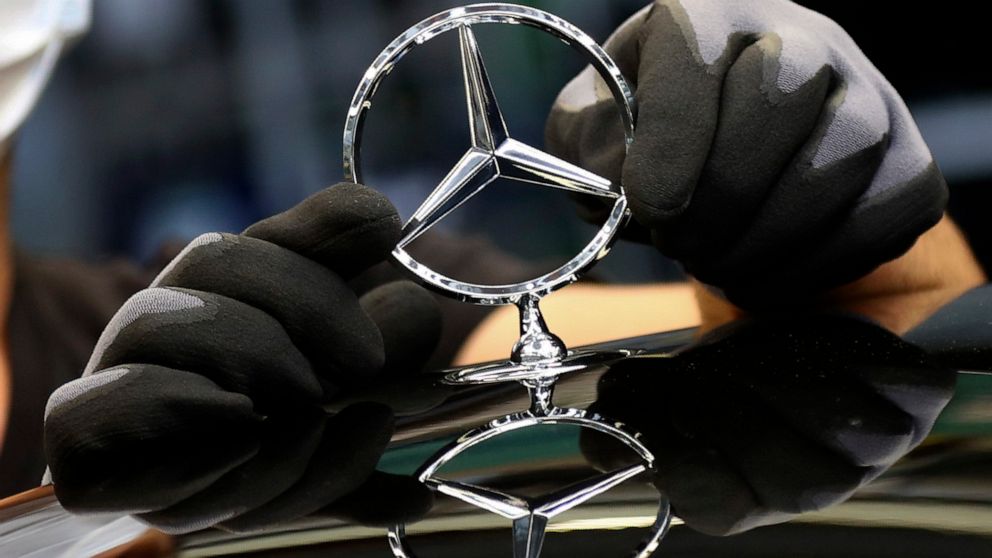Automaker Daimler to spin off trucks business, change name
Germany’s Daimler is splitting in two
FRANKFURT, Germany — German automaker Daimler will split itself into two independent companies by spinning off its truck and bus division, a move the company said would give both the freedom to operate more nimbly in a fast-changing environment focussed on zero-emission vehicles and software.
The Stuttgart-headquartered company said Wednesday that a significant majority stake in the truck business would be distributed to current shareholders, and that Daimler would “at the appropriate time” be renamed Mercedes-Benz, the brand name under which it sells luxury cars.
CEO Ola Kallenius said the decision was made because the businesses of making luxury cars and heavy trucks and buses “have very different structures.” He said that two companies each focused on their core business would be more flexible and make decisions faster as they cope with technological change.
“We are in a very dynamic entrepreneurial environment,” Kallenius said in a conference call with journalists. “Speed of decision making… is something that can be enhanced in a pure play structure.”
The truck and bus division has more than 100,000 employees and makes Freightliner trucks and Thomas Built buses. It has manufacturing locations all over the world, including in Cleveland, Ohio, Woerth and Gaggenau, Germany, Sao Bernardo do Campo, Brazil, and Portland, Oregon. Engines are made at the Detroit Diesel facility in Redford, Michigan. The division had revenue last year of 40.2 billion euros ($48.1 billion) for trucks and 4.7 billion for buses.
Company officials said that despite the spinoff the two companies would still be open to cooperating on new technology.
The market listing is subject to a decision by an extraordinary shareholder meeting of Daimler shareholders to take place in the third quarter of 2021.
Daimler Board Chair Manfred Bischoff said the move should appeal to investors: “With their different return profiles and capital needs, the rationale for two independent entities is evident,” he said in a statement. “We are convinced that the capital markets will appreciate the opportunity to invest in more clearly focused, pure-play businesses.”
![]()


